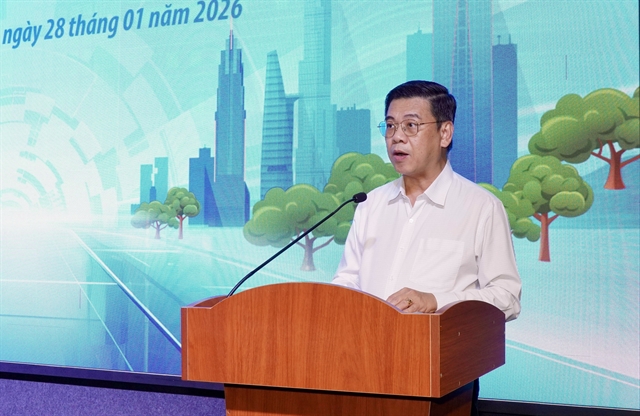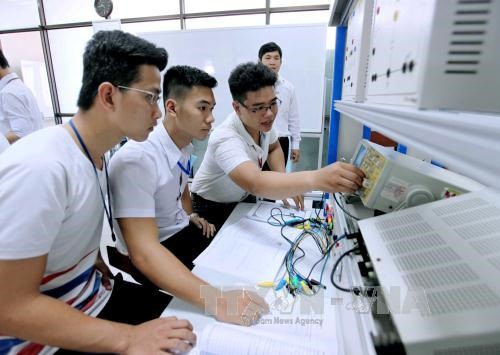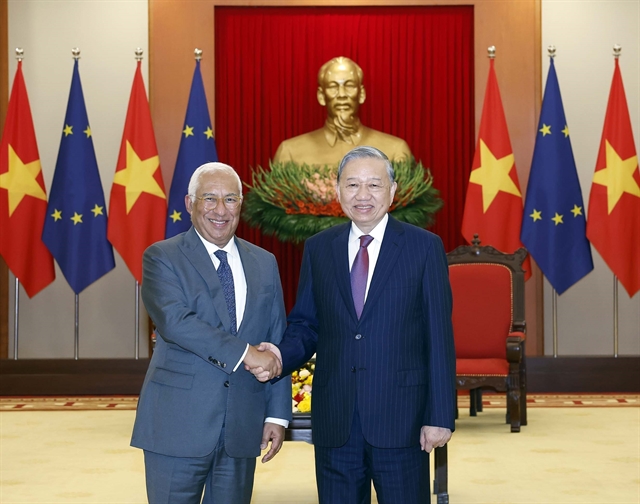 Society
Society

" />The Government’s decision two years ago to allow partial autonomy for a number of universities has helped them meet international standards and improve quality of training, according to a survey conducted by Ministry of Education and Training.
 |
| Students at Tôn Đức Thắng University, one of 23 universities in the countrty given autonomy under a pilot programme begun in 2015 —VNA/VNS Photo Phương Vy |
HCM CITY —The Government’s decision two years ago to allow autonomy for a number of universities has helped them meet international standards and improve quality of training, according to a survey conducted by Ministry of Education and Training.
Twenty-three universities participating in the pilot programme were allowed to open new faculties, hire personnel and conduct scientific research, the survey found, as reported in Sài Gòn Giải Phóng (Liberated Sài Gòn) newspaper.
Among other actions, the universities reduced the number of people indirectly related to training, increased the number of lecturers, and hired better qualified teachers.
As of July, the number of lecturers added at the 23 participating universities accounted for 63 per cent of the total number of personnel at the schools.
Fourteen of the universities have set up an administrative council to help them operate more effectively, and also increased their budget allocations to buy more equipment and build more facilities for training.
The average income for each lecturer at the universities is twice what it was compared to the past.
The rector of Hà Nội-based National Economics University, Trần Thọ Đạt, told Thời Báo Tài Chính Việt Nam (Việt Nam Financial Times) that the university has had autonomy since 2015.
With autonomy, the university has opened new faculties to meet the demand of the labour market; has applied IT in management and training; and has set up high-quality advanced training programmes.
The Centre for Education Accreditation at Vietnam National University Hà Nội has also assessed the quality of the university, Đạt said. Several of its training programmes will be assessed by the Accreditation Council for Business Schools and Programs.
The university also has more financial resources for operations and facilities for professional training, he added.
However, educational experts said that the Law on Higher Education should have more detailed regulations about autonomy at universities.
Lê Trường Tùng, chairman of FPT University, said that a clear legislative framework should be created for universities. Inspections and monitoring should be carried out frequently to ensure effectiveness, he added.
Lê Viết Khuyến, former deputy head of Tertiary Education Department under the Ministry of Education and Training, said that autonomy could be implemented in a variety of ways.
Survey conductors suggested that the pilot programme for autonomy should be continued and that autonomy should be officially given to these universities. —VNS

.jpg)


